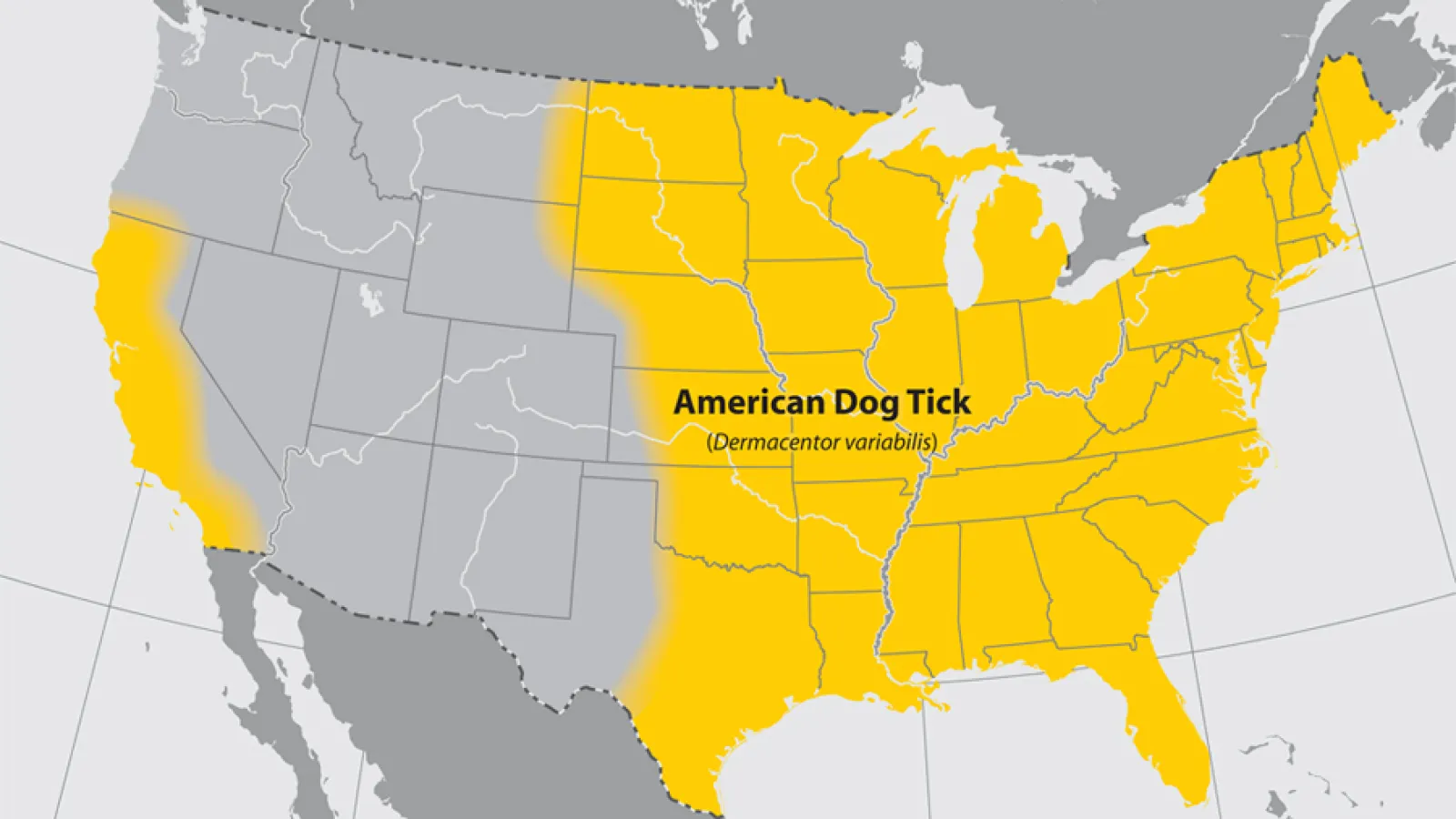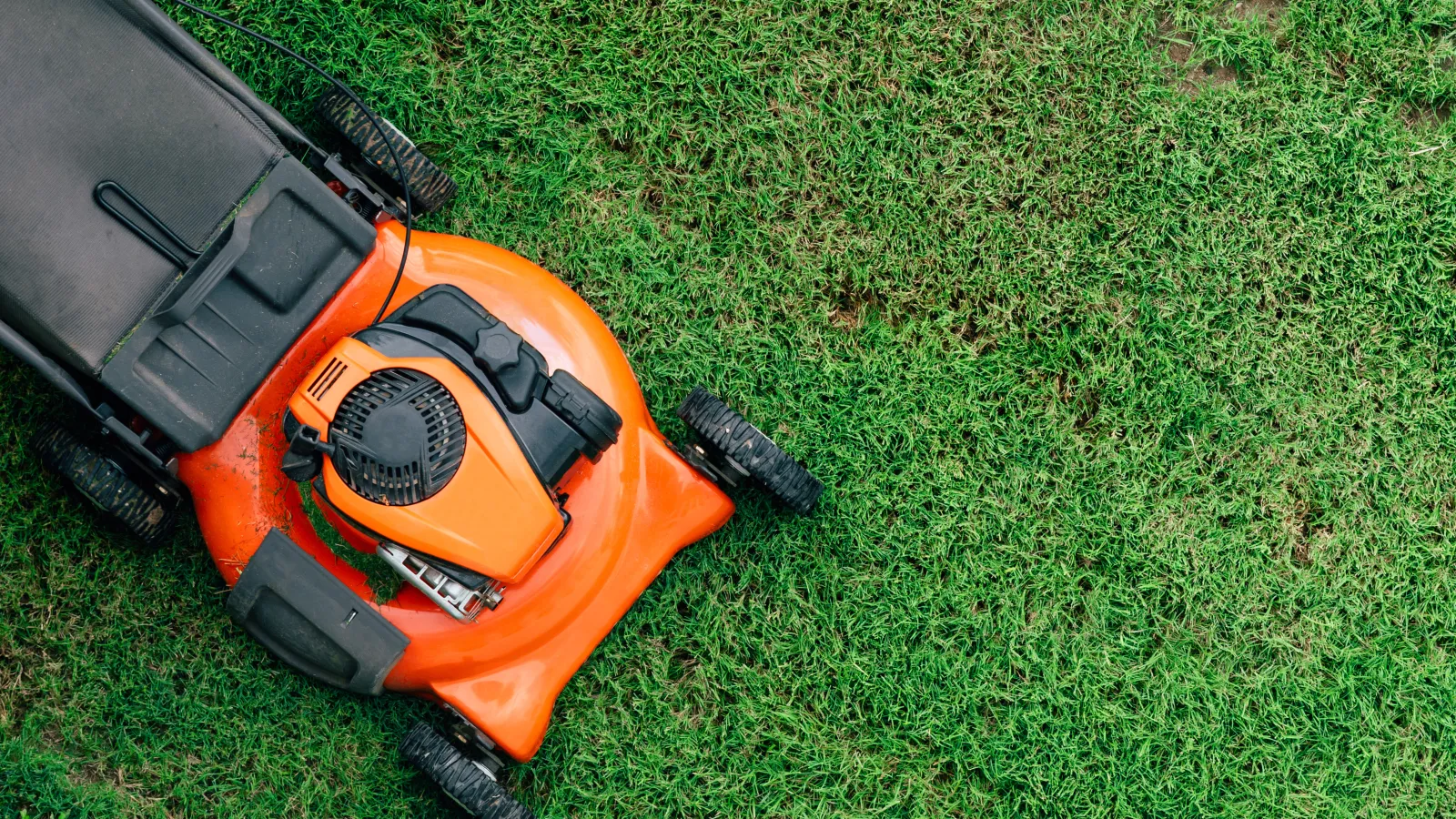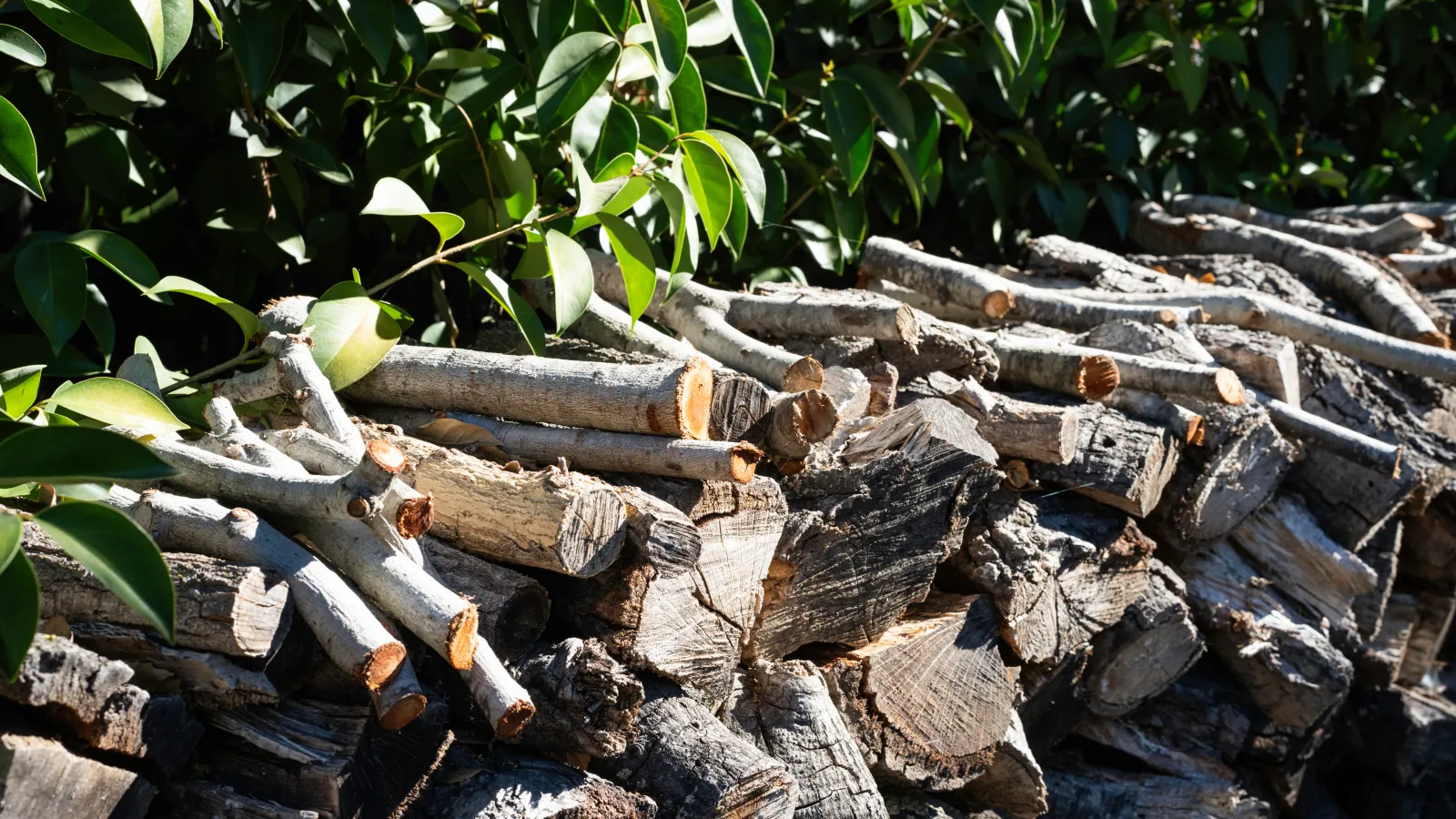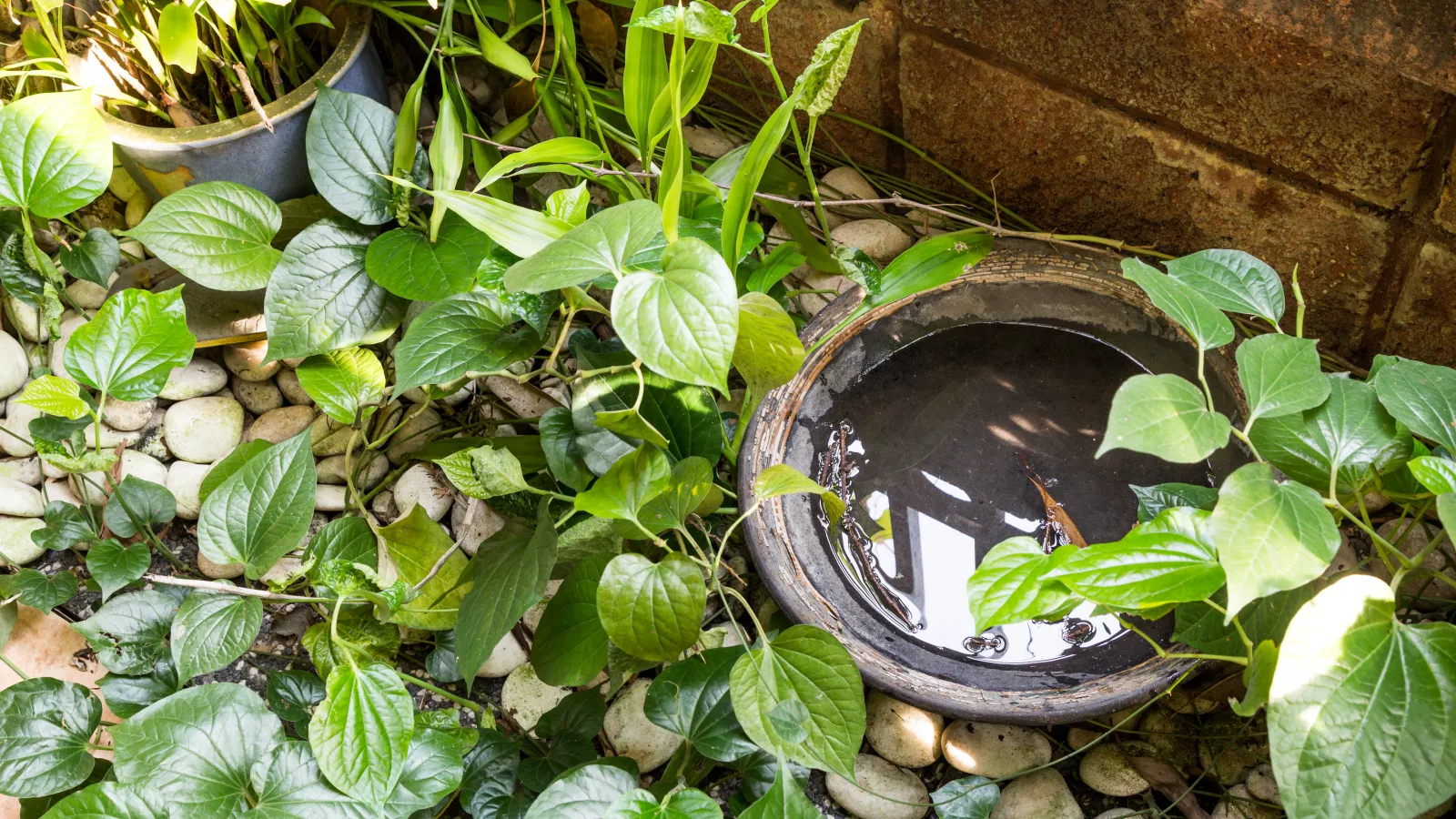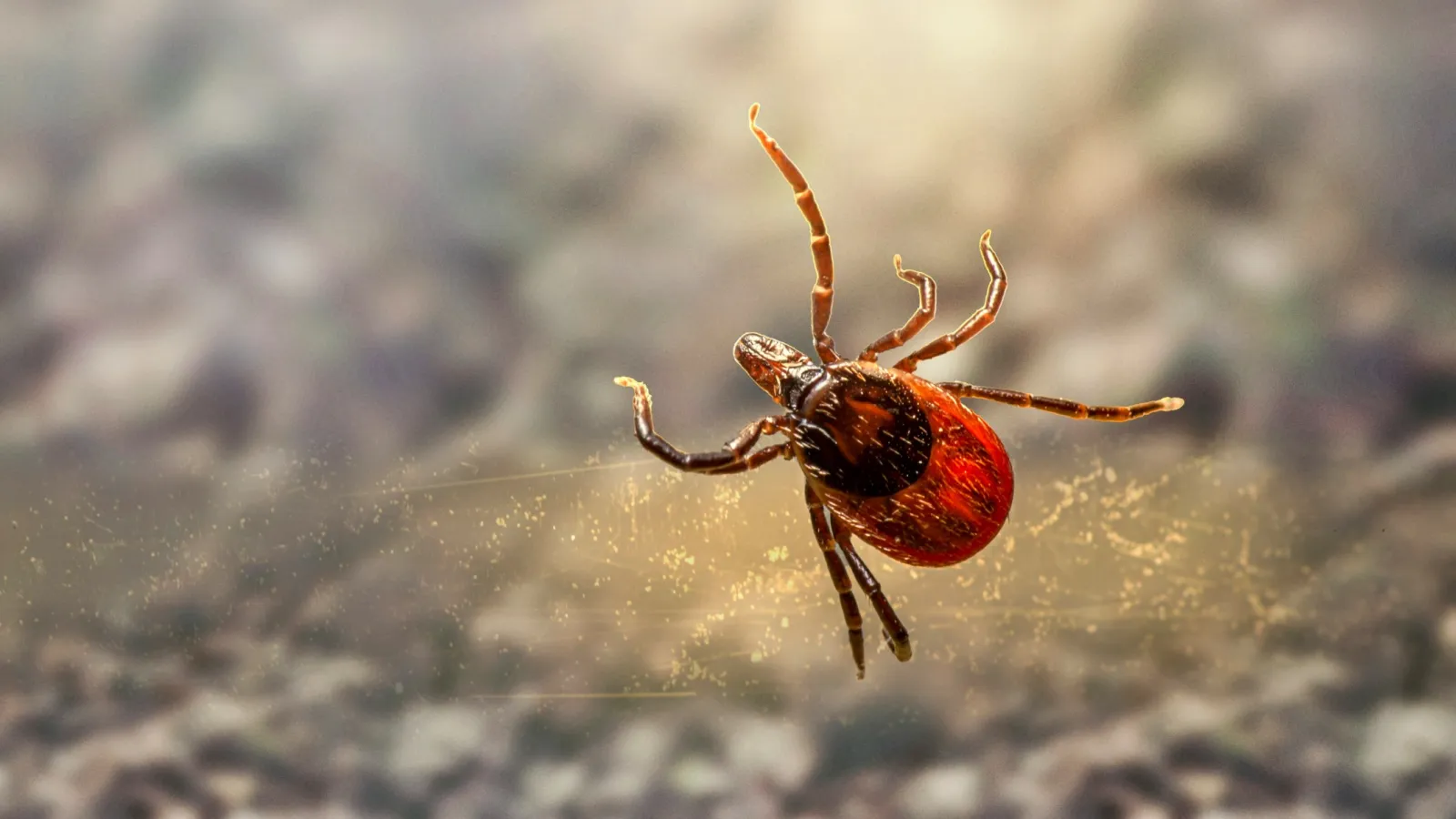
Yard Guard
Professional control for ticks, fleas and mosquitoes
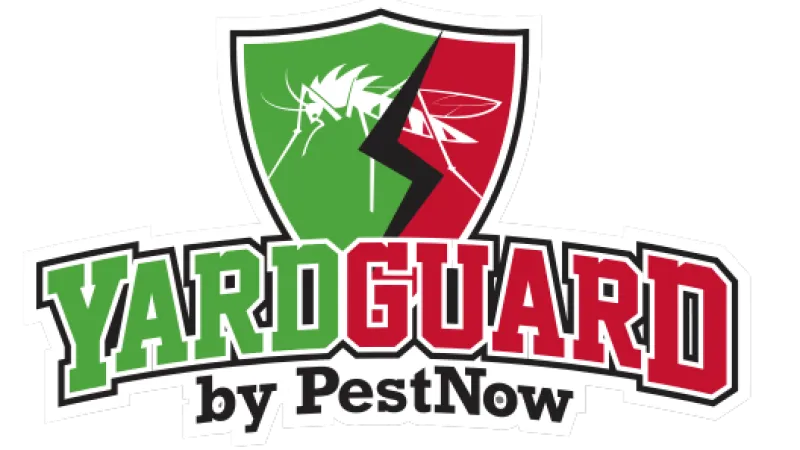
Yard Guard Program
We will treat for Ticks, Fleas, and Mosquitoes in two ways:
1. Source Reduction
We'll identify and treat breeding sites with larvicides to limit the production of new insects.
2. Population Reduction
We'll knock down and kill ticks, fleas, and mosquitoes using power mist blowers.
Protect Your Loved Ones With Yard Guard
Yard Guard reduces the number of ticks, fleas, and mosquitoes in your yard.
Our program includes seven treatments from April to October. Fortunately, we can start at any time. Each service protects from these pesky insects for about 30 days, so we complete the service monthly. Lawn insects can quickly dampen your family and pets' enjoyment of the outdoors if left untreated. Trust the pros at PestNow for effective control against ticks, fleas, and mosquitoes.
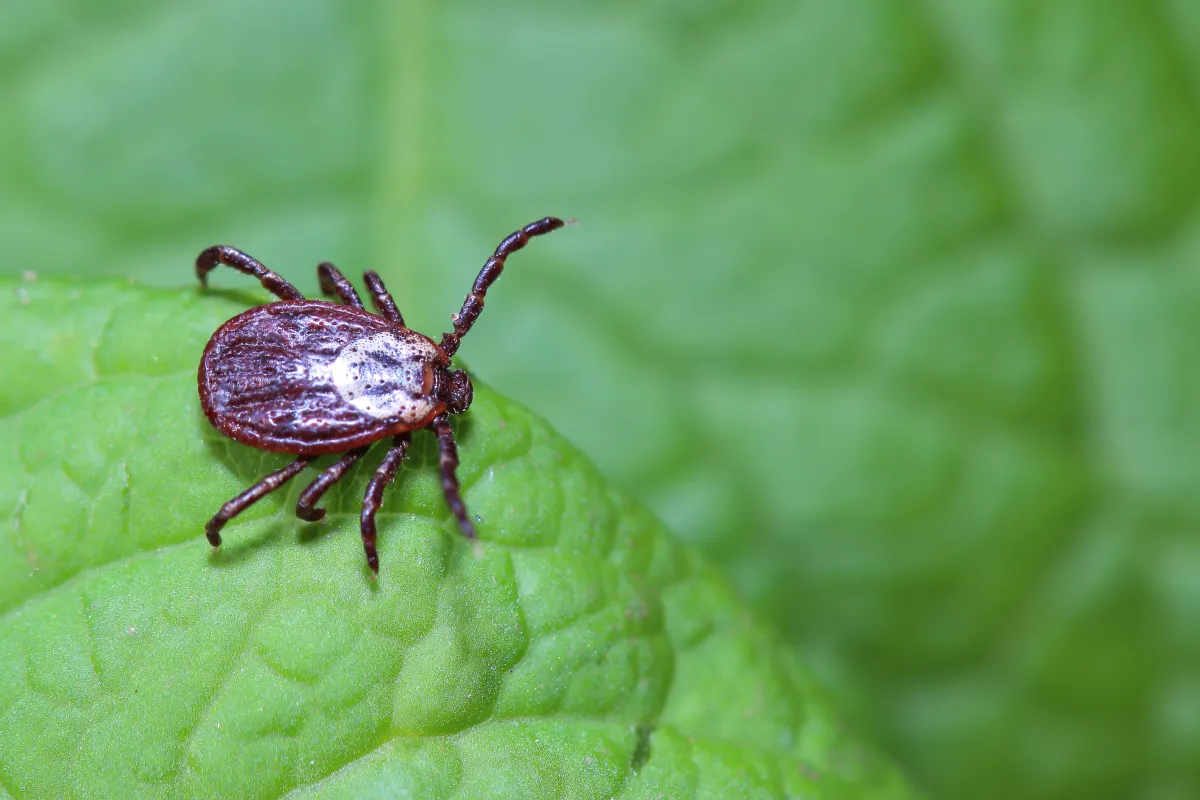
Ticks
You're Covered With Yard Guard
These parasitic pests can be found in grassy, wooded, or brushy areas, making them a concern for all environments. Ticks travel by latching on to our pets, you, or clothing. The most common ticks in our areas include the Lone Star tick, American Dog tick, and Deer tick. Tick bites can transmit various diseases to humans and animals, including Lyme disease, Rocky Mountain spotted fever, tick-borne encephalitis, ehrlichiosis, and other illnesses.
Effective tick control measures involve both prevention and treatment. This includes keeping lawns and outdoor areas well-maintained, using insect repellents, wearing protective clothing, and regularly checking pets and yourself for ticks after outdoor activities.
Yard Guard is a great solution to your ticks problems.
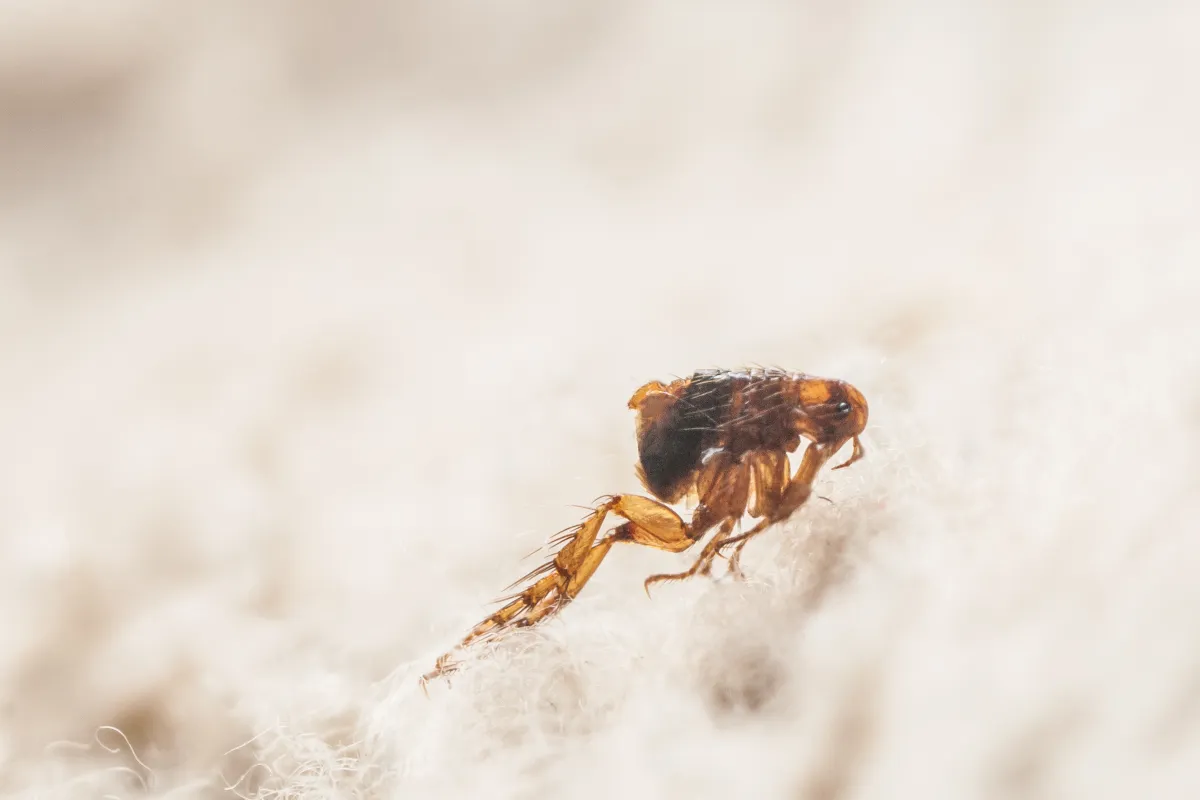
Fleas
Stop Fleas With Yard Guard
Fleas are wingless parasites recognized for their remarkable jumping capability (up to 50 times their body length). They have flattened bodies, allowing easy movement through fur and feathers, and are notorious for biting humans and pets. Their bites often result in persistent itching and can potentially lead to infections or skin conditions. Fleas reproduce rapidly and, therefore, can quickly infest your living spaces.
Without prevention or treatment, fleas pose significant risks to both humans and pets. PestNow's Yard Guard service protects your yard and home, safeguarding you and your pets from these harmful pests.
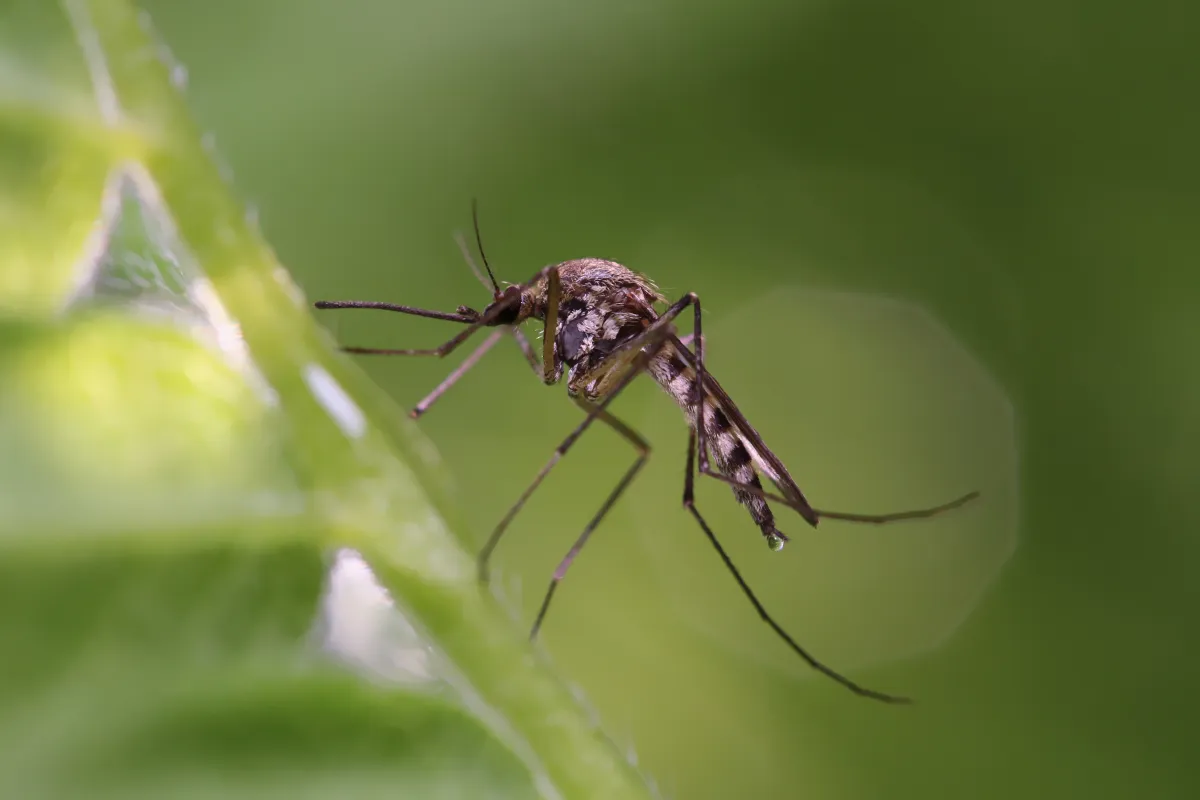
Mosquitoes
Yard Guard Protects Against Thes Pesky Insects
Mosquitoes pose significant health risks due to their ability to transmit diseases such as malaria, dengue fever, and West Nile virus. Their bites are not only uncomfortable but can also trigger allergic reactions and disrupt outdoor activities.
Our monthly Yard Guard treatments are a cost-effective approach to killing and repelling mosquitoes. Mosquito control is crucial to protect human and pet health, ensure outdoor comfort, and prevent the spread of mosquito-borne illnesses.
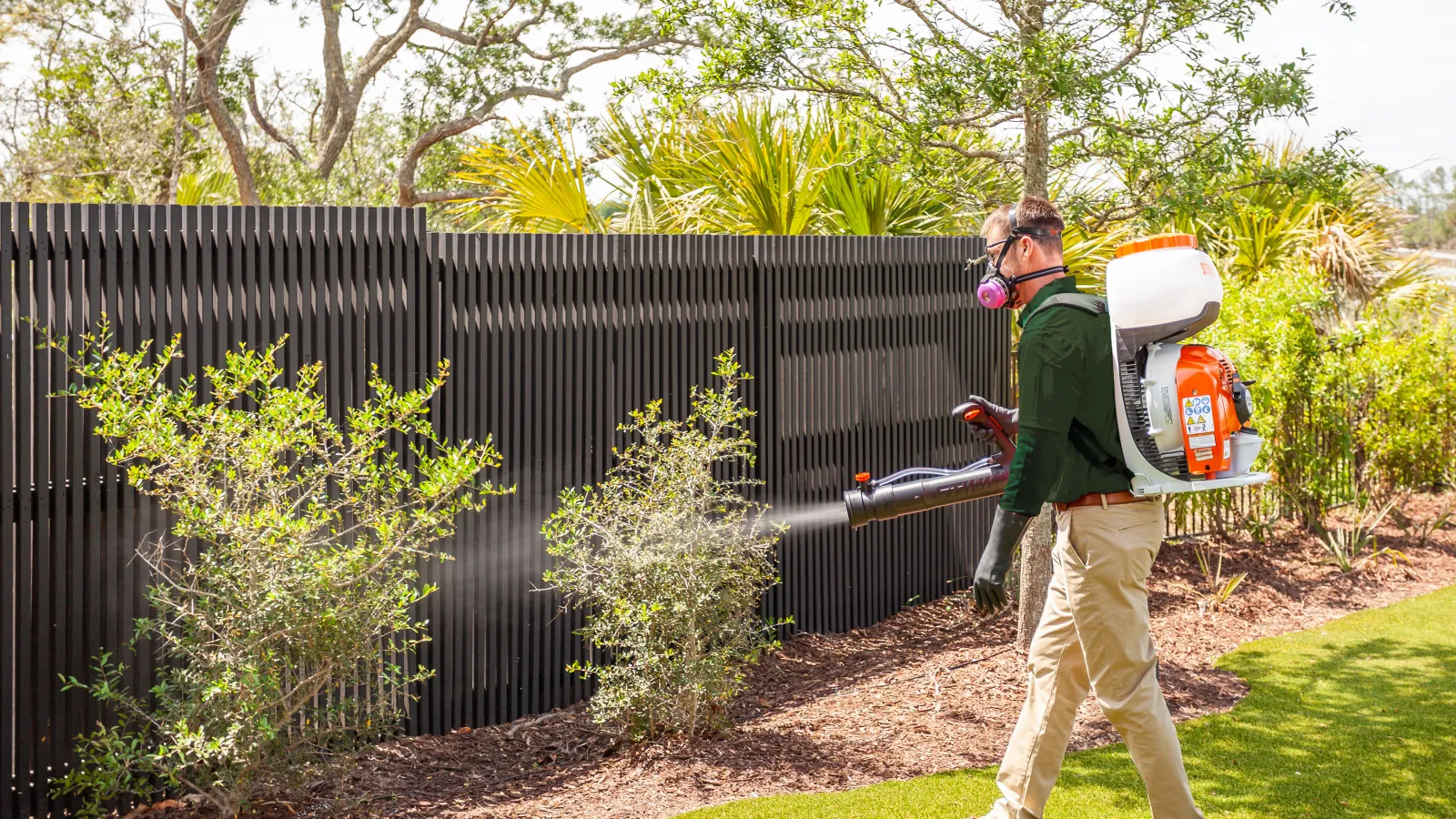
Most Common and Dangerous Ticks
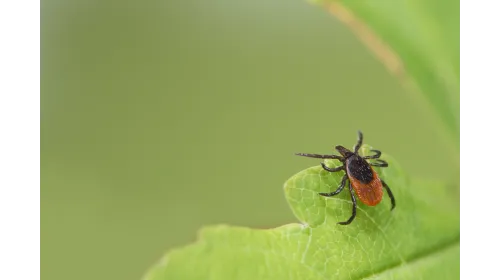
Deer Ticks
Ixodes Scapularis
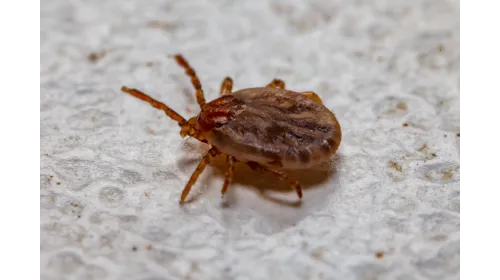
American Dog Ticks - Female
Dermacentor Variabilis
The American dog tick is the primary vector of Rocky Mountain spotted fever (RMSF) caused by the bacterium Rickettsia rickettsia. Their bites can cause itching, fever, and sometimes tick paralysis.
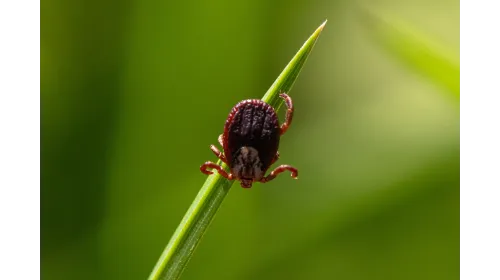
American Dog Ticks - Male
Dermacentor Variabilis
The American dog tick is the primary vector of Rocky Mountain spotted fever (RMSF) caused by the bacterium Rickettsia rickettsia. Their bites can cause itching, fever, and sometimes tick paralysis.
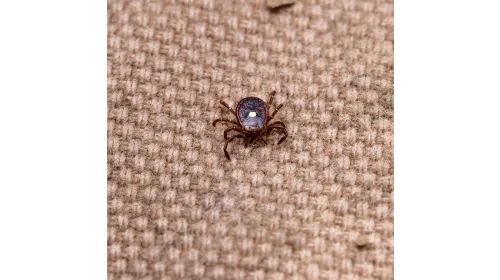
Lone Star Ticks
Amblyomma Americanum (Linnaeus)
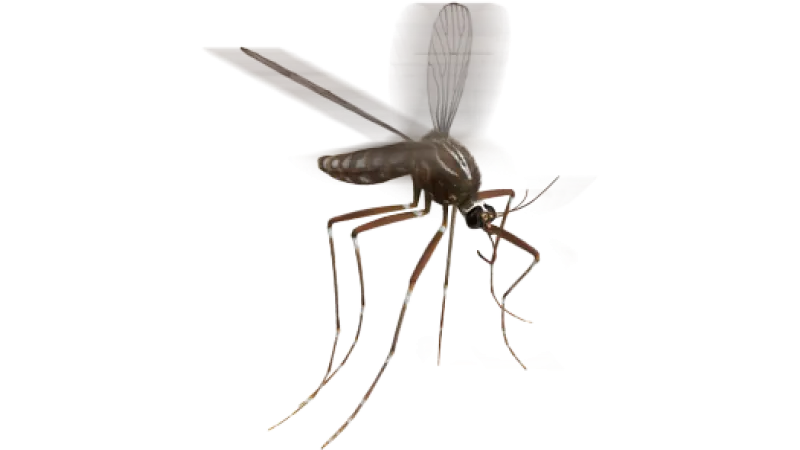
Tick, Flea and Mosquito Questions
Take back your outdoors with these commonly asked questions.
What diseases can fleas transmit to humans and pets?
Fleas can transmit diseases such as typhus, bartonellosis (cat scratch fever), and, in some regions, the plague. They can also cause allergic reactions and skin irritations in pets and humans.
How can I prevent flea infestations in my home and on my pets?
Regularly vacuuming carpets and furniture, washing pet bedding, and using flea-prevention products on pets can help prevent flea infestations. Additionally, treating outdoor areas with professional flea control can reduce populations in your yard.
What are the health risks associated with tick bites?
Tick bites can transmit diseases such as Lyme disease, Rocky Mountain spotted fever, and ehrlichiosis. Symptoms can range from mild to severe, including fever, rash, joint pain, and fatigue.
Where are ticks commonly found, and how can I protect myself from tick bites?
Ticks are often found in wooded and grassy areas and in shrubs and leaf litter. To protect yourself from tick bites, wear long sleeves and pants, use insect repellents containing DEET or permethrin, and perform tick checks after outdoor activities.
What diseases can mosquitoes transmit, and how can I protect myself from mosquito bites?
Mosquitoes can transmit diseases such as West Nile, Zika, dengue, and malaria. To protect yourself from mosquito bites, use insect repellents, wear long sleeves and pants, and eliminate standing water around your home where mosquitoes breed. PestNow's Yard Guard service also protects against mosquitoes.
How can I reduce mosquito breeding sites around my home?
Eliminate standing water in containers, bird baths, gutters, and other areas where mosquitoes can breed and keep grass and vegetation trimmed.
What are the most effective methods for controlling fleas, ticks, and mosquitoes in my yard?
Effective yard control measures include our Yard Guard services, keeping grass and vegetation trimmed, and removing leaf litter and debris.
How often should I check my pets and family members for fleas, ticks, and mosquito bites, especially during peak seasons?
We suggest checking pets and family members for fleas, ticks, and mosquito bites regularly, especially after spending time outdoors or in areas where these pests are prevalent. More frequent checks may be necessary during peak seasons, such as spring and summer.

